Brand shoes made of leather sometimes keep making unpleasant noises even when you are not moving. If your problem is driving you insane, there is a solution.
During this article, we will explain what the reason is for squeaking leather shoes and offer tips on how to reduce or remove the noise. So, why do my leather shoes create that irritating squeaking sound?
The primary cause of squeaky leather shoes is friction.
Chafing is usually caused by the shoelaces scraping across the tongue of the shoe. When you walk on wet flooring or first purchase new leather shoes, they will squeak. Continue reading to learn more about the causes and solutions to squeaky noises in your leather shoes. The laces are a prominent source of noise in leather shoes.
The shoelaces will squeak as you walk because they will rub across the tongue of the shoe, causing friction. As previously stated, friction is a major contributor to the squeakiness of leather shoes.
Furthermore, this is a common side effect of dry leather rubbing against the bottom of your shoe or the floor. Applying a lubricant to the rubbing surfaces, such as mink oil or wax, will help reduce friction and address the problem. When brand-new leather scrapes against the soles of leather shoes, they squeak.
This happens when the leather is fresh new and hasn’t been broken in. Because of the excessive dryness of the surface, brand new sneakers squeak more than those with more wear.
This problem, however, should not last long and should go away after about six months of consistent use. This problem can be alleviated to some extent by walking normally while wearing the shoes.
If you don’t want to wait for the squeaking to cease on its own, try putting a lubricant on the shoe and sole, such as mink oil or leather conditioner.
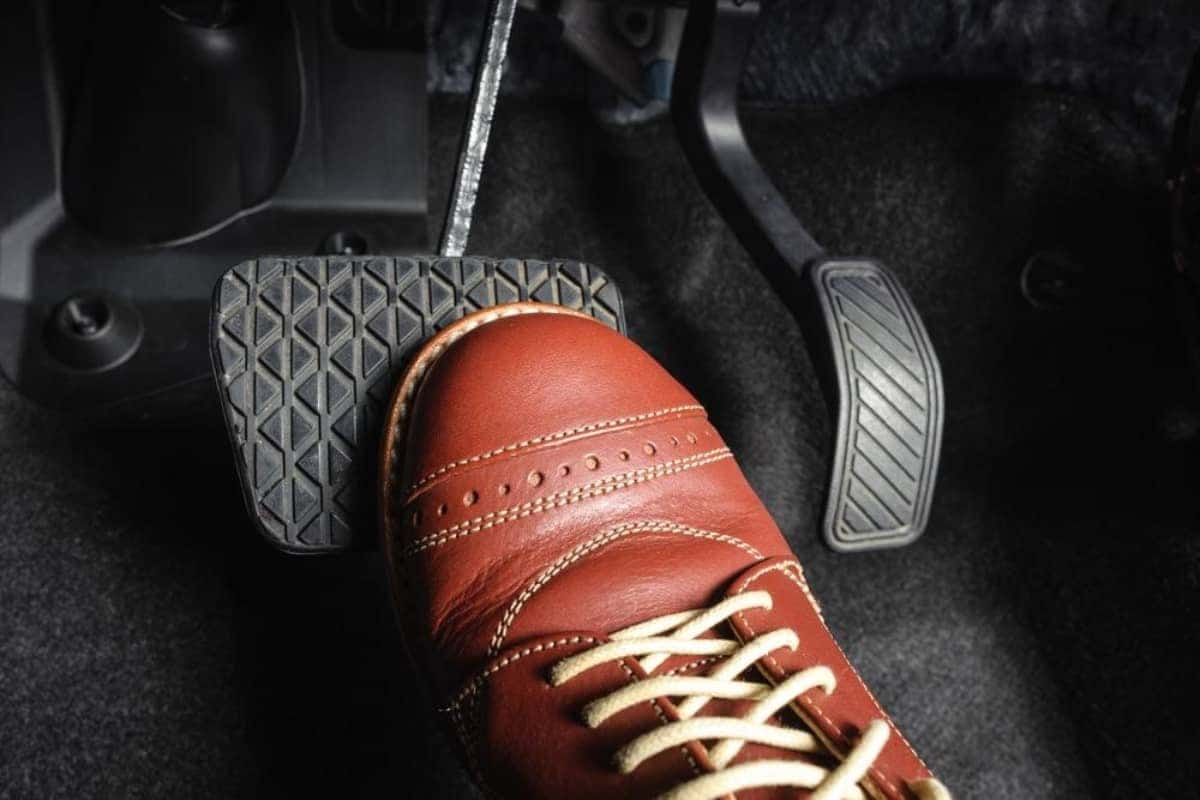
The creaks in your leather shoes will be more visible than usual at times. The type of ground you’re walking on could have an impact on this. When you transition from carpet to slate or concrete, the sound of your leather shoes will be accentuated. Harder and slicker surfaces, such as tiles, marble, and floors, may cause the leather to rub.
Squeaks may occur when your shoes are more prone to slipping out from beneath your feet, as they would be on carpeting. If you want to spend a lot of time on hard surfaces without creating a lot of noise, wear sneakers or other shoes that are less likely to make noise. The overall design of the shoe may also contribute to squeaking leather shoes.
Leather welt shoes, particularly those with a wooden splint in the arch, are renowned for squeaking. Unfortunately, this is the most common cause of squeaking in leather shoes and often the most difficult to cure. This is because structural defects in the shoe’s structure are at the root of the squeaky noises you may notice when walking.
However, you may be able to reduce the noise by treating the leather with a substance such as mink oil. Because mink oil softens the shoe and reduces friction between rubbing surfaces, squeaking noises caused by shoes wearing out can be lessened. If mink oil isn’t your thing, you can always substitute wax or another product.
It is also conceivable that the squeaking in your leather shoes is caused by insufficient stitching between the tongue and the top. This may cause the leather to stretch in specific areas, resulting in excessive movement within the shoe and squeaky or rubbing sounds.
Stitched leather shoes will last longer and be quieter than unstitched leather shoes.
To reduce this, a thicker thread is recommended for thin-soled leather shoes. Squeaky leather shoes could be caused by the thick leather used to construct them. Many leather materials can make squeaky noises.
The shoe’s thick leather may also contribute to the squeaking. Walking in leather shoes, particularly those with thicker insoles can produce squeaking. This could be due to frictional noises made by the shoe’s interior as a result of excessive stretching and movement.
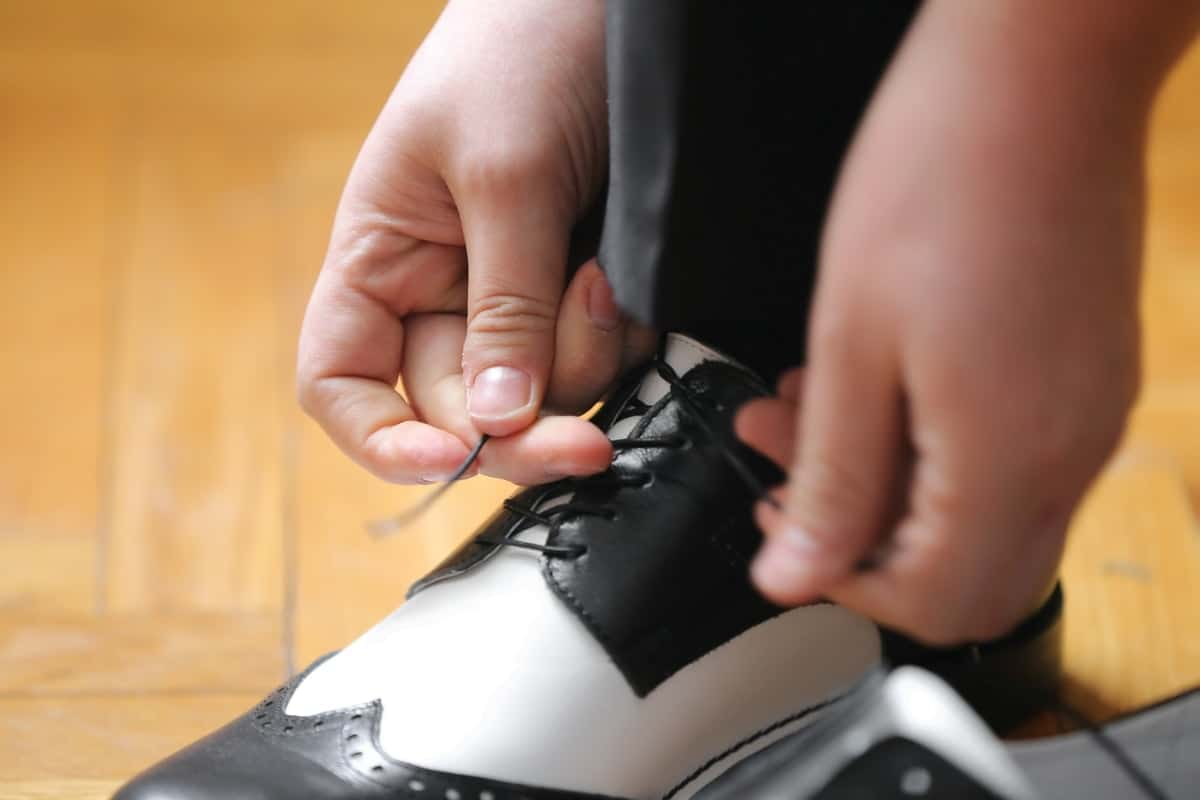
Padding is an excellent way to avoid this issue. This will reduce noise and avoid it from wearing down too quickly. When walking, leather shoes with rubber bottoms generate a lot of noise.
The squeaking sounds become louder as the rubber wears down and brushes against the leather. Rubber soles are used in some shoes to increase padding and prevent squeaks generated by ground contact.
A thin layer of wax, shoe polish, or oil applied to the rubber soles will aid with this. Because of the increased slip between the leather and the treatment agents, the leather is less likely to adhere to the wearer’s feet over time, and the shoes are more resistant to water damage in wet areas like California’s.
Another alternative for quieting your rubber-soled shoes is a double-sided tape, which can be put to both sides of the sole to avoid the rubbing that generates the noise.
Before wearing your leather shoes, put three pieces of tape, each at least four inches long, to each foot; this type of tape should not make any noise once securely secured.
Poor or too tight stitching is another possible reason for noisy shoes, especially if you wear leather shoes. Shoes and clothing that have been too tightly stitched together may generate noise while walking. If the two surfaces are not separated, they will rub against each other, causing undesired noise.
The problem could be solved by loosening or breaking in the shoe prior to regular wear. If the weather is moist, your leather shoes are more likely to squeak.
This suggests that the type of leather or the material of the shoes, as well as any of the other probable explanations discussed in this essay, have nothing to do with the noises you may be hearing. I hate to be the bearer of bad news, but this is a rather common issue that is exacerbated by wet leaves, dirt, moisture, and snow.
Avoiding them is a straightforward solution to the problem of noisy leather shoes that they produce. After walking through a wet region, use a shoe brush to remove any remaining moisture from your shoes.
Finally, you might try a spray designed specifically to eliminate squeaks. Leather shoes are destined to squeak on occasion because they are made from animal skin, which isn’t always 100% optimal while being processed into the shape we all want our shoes to look like.

The inherent flexibility of leather makes it easy to work with, but it also generates irritating squeaks. Your feet move and slide back and forth when you walk.
Squeaking may occur as a result of the leather rubbing against itself. The squeaking will intensify over time due to wear and tear from daily use, so keep up with normal maintenance by applying shoe polish or conditioner and, if necessary, using an anti-squeak spray or inserts.
Within our company, we take an active role in the transaction of international business involving leather goods. We have shoes, sandals, and bags for both men and women, as well as a large selection of bags in a variety of shapes, patterns, and colors.
These bags include wallets, handbags, backpacks, and laptop bags. Both the natural and artificial leathers that we work with are of the greatest possible quality.
Our organization is now working with a significant number of companies and we have had a great deal of success working with them. At every stage of the buying process, we always make sure that the needs of the customer are met.
We can transport all of our customer’s orders to their final destination using packaging that is the utmost in safety and protection imaginable.
Even if you already have a certain design in mind, we will be able to manufacture any kind of leather product that you can think of. There is a possibility that there will be price reductions available at varying times throughout the year. Please get in touch with us if you have any questions regarding these terms and would like to avoid missing out.

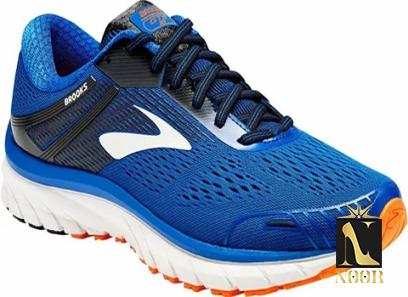
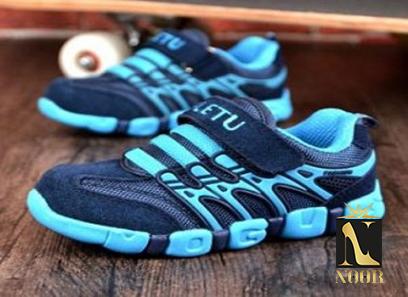
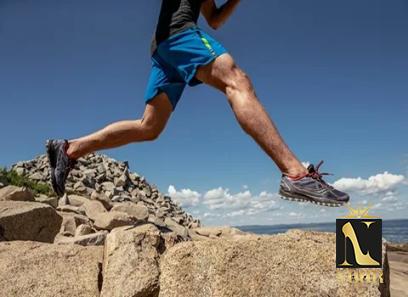
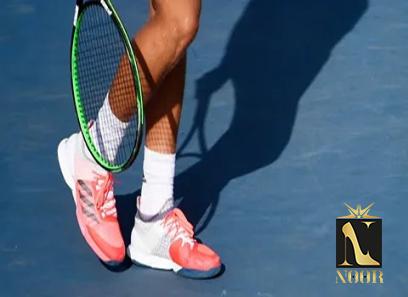
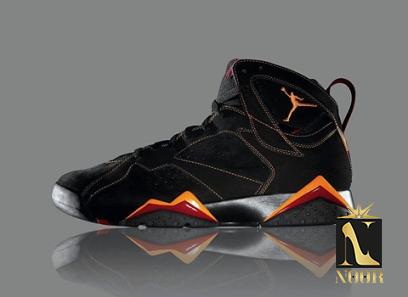
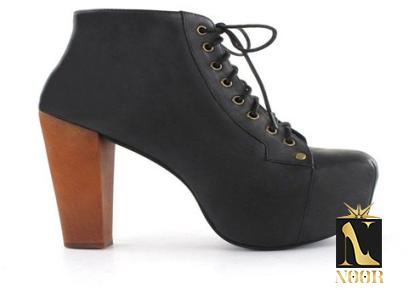
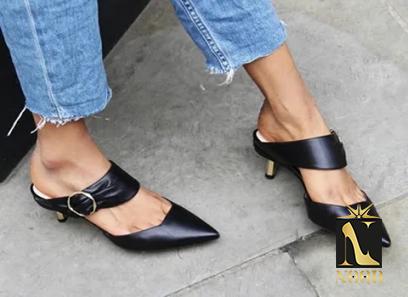
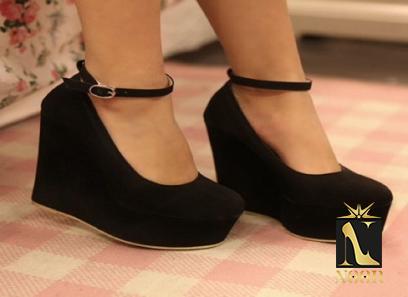
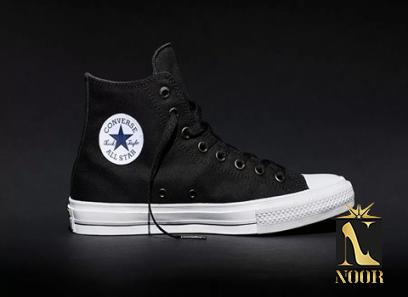
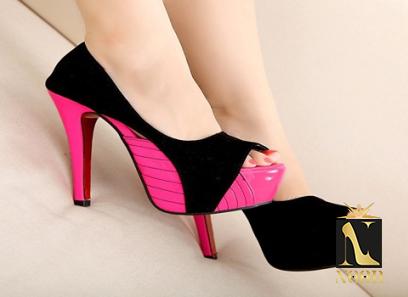
Your comment submitted.